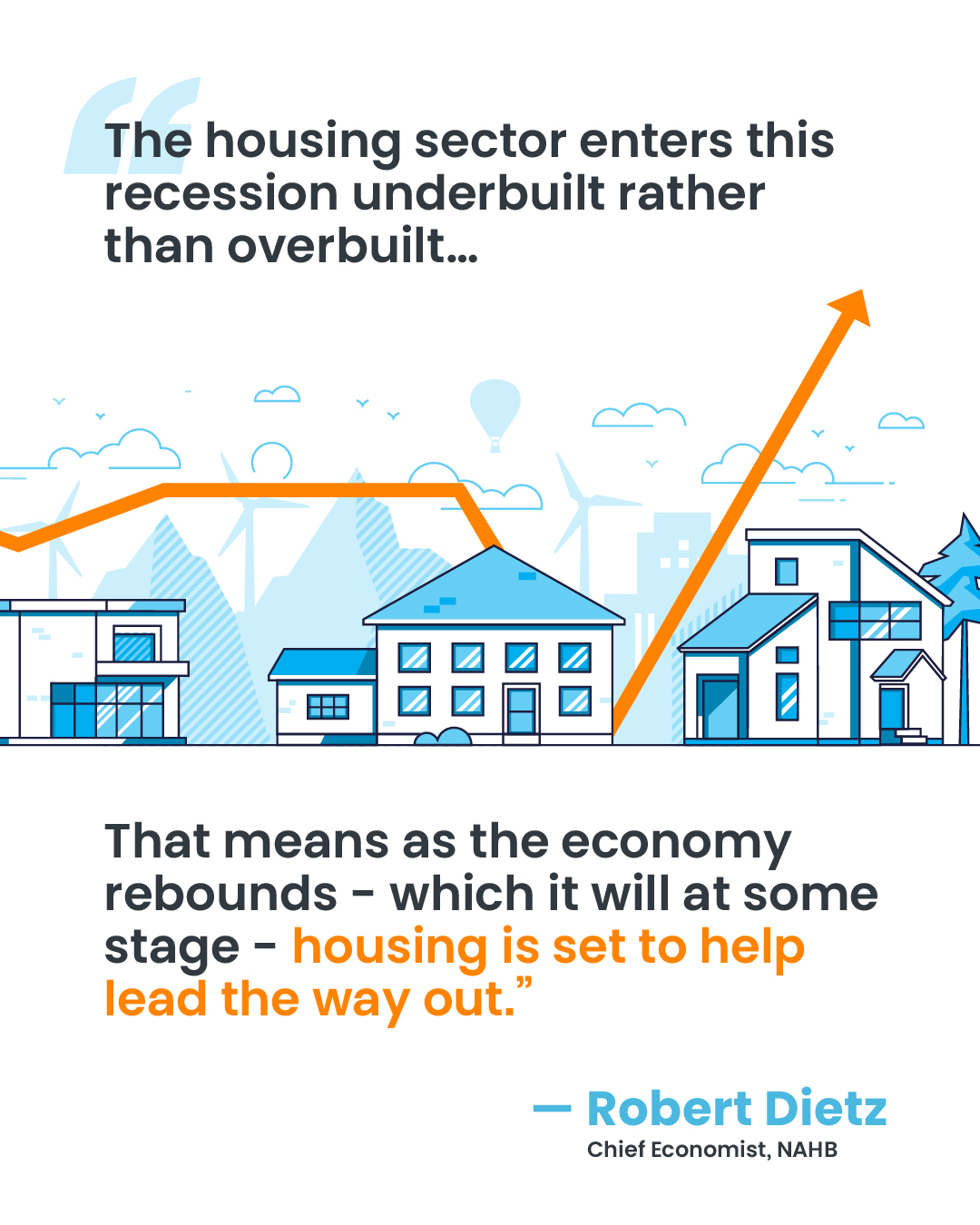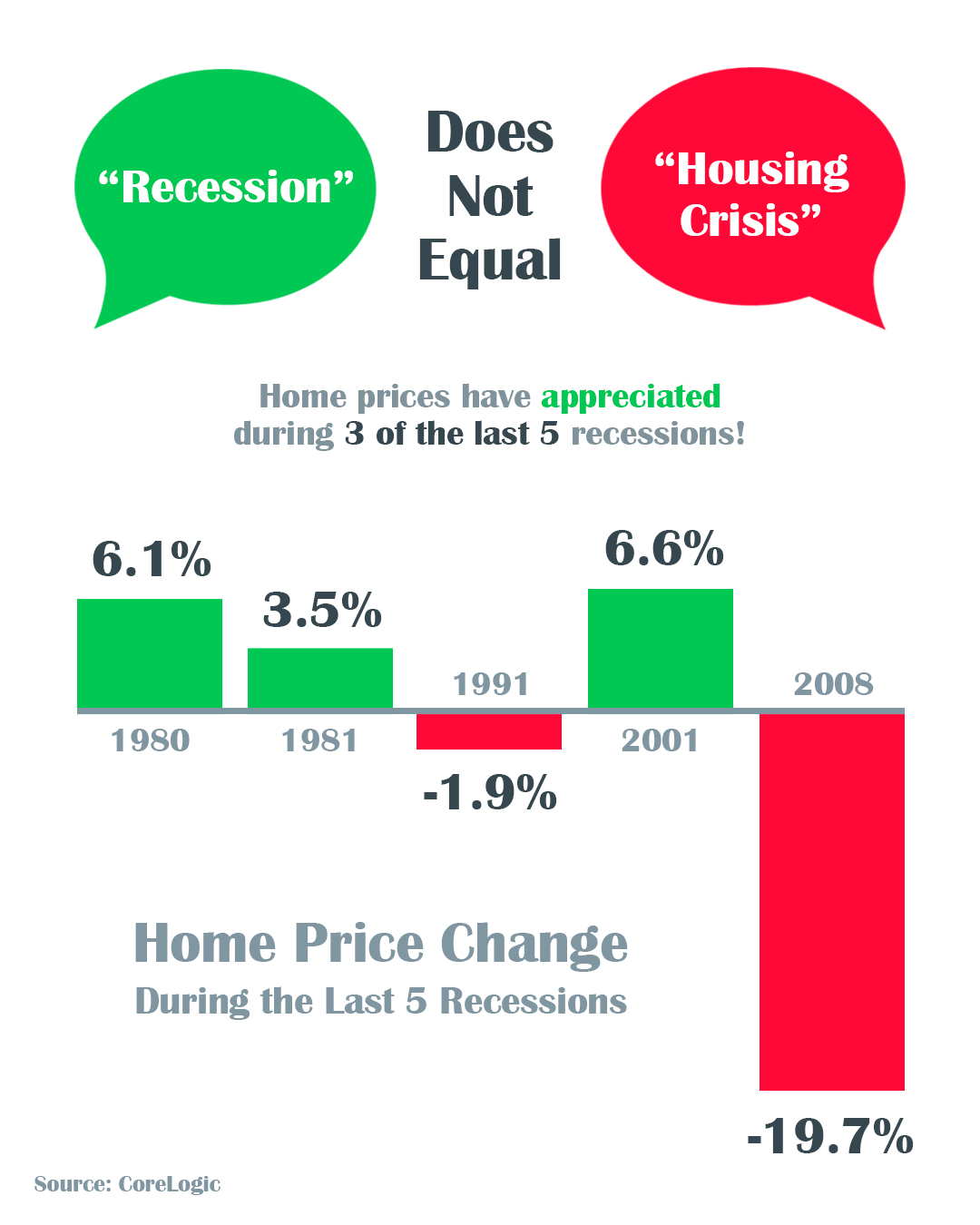
Rise to the Top of the Pool by Selling Your House Today
With the release of the latest Economic Pulse Flash Survey from the National Association of Realtors (NAR), results show that people selling their houses today are holding strong on price. According to the most recent data, 74% of real estate agents noted that sellers are not dropping listing prices to attract more buyers.


![Today’s Expert Insight on the Housing Market [INFOGRAPHIC] | Simplifying The Market](https://files.keepingcurrentmatters.com/wp-content/uploads/2020/04/20200424-MEM-EN.jpg)




![How Technology is Helping Buyers Navigate the Home Search Process [INFOGRAPHIC] | Simplifying The Market](https://files.keepingcurrentmatters.com/wp-content/uploads/2020/04/20200417-MEM-Eng.png)




![What You Can Do to Get Your House Ready to Sell [INFOGRAPHIC] | Simplifying The Market](https://files.keepingcurrentmatters.com/wp-content/uploads/2020/04/20200410-MEM-EN-scaled.jpg)












